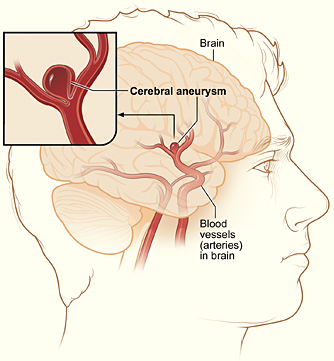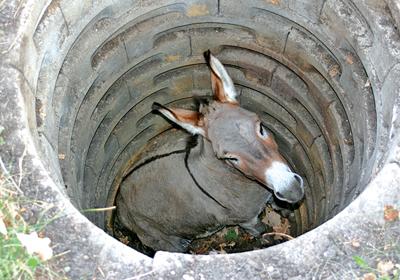Consider this theory. People feel happy when they experience an upturn in life. A hungry person is happy when he receives food, a poor person is happy when she earns money, and a person seeking love is happy when they find love. But as people are highly adaptable creatures, they become used to such upturns very quickly. Even the happiness brought on by great food and luxurious lifestyles tend to fade over time, and the love between a couple who act like they cannot live without each other will eventually die away. To remedy this, people always seek excitement that will create an upturn in life, giving them happiness. This causes them to adventure, seek new experiences and sometimes make dangerous, risky decisions.
Everyone has a point in their lives that could be called the “peak”. But no matter how tall the peak is, as people will adapt to it soon, the height itself does not matter. What matters is the path to the peak. For example, if someone experiences their peak in life too early, every moment from then on will seem worse than the past. The person will continuously face disappointment and reminiscence the good times. The reason being, no upturn can beat the peak that they experienced, meaning they cannot feel the happiness of an upturn in life. According to this theory, the key to a happy life is delaying this peak as much as possible. When life is starting to get boring and dull, add just a little sprinkle of greatness in your life to continuously infuse it with happiness.
However, life is not as predictable and controllable as we want it to be, making this theory highly implausible. But the theory is not completely wrong. Although it is near impossible to artificially add little upturns throughout life, it is extremely easy to “feel” an upturn. All you need to do is change your perspective. The difference between a happy person and a miserable person is that the former finds joy in the smallest things. A miserable person will feel bored unless something exciting is happening, but a happy person leads what appears to be a boring life while enjoying every minute of it. Enjoying a warm cup of coffee on a rainy day, being astounded by the beautiful sky, smelling the roses on the path, singing and dancing when no one is looking… Finding and enjoying the simple pleasures of life is the most important skill one can have in life.
Who would you rather be: a miserable person who always seeks excitement and thrills or a happy person who enjoys a “boring” life?











